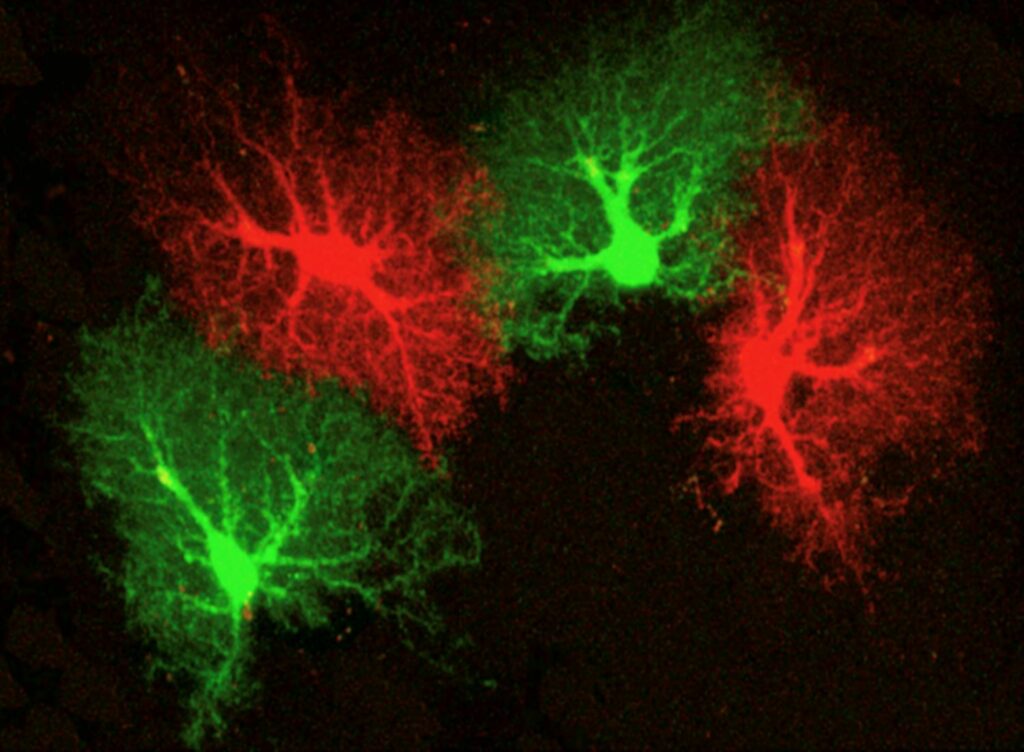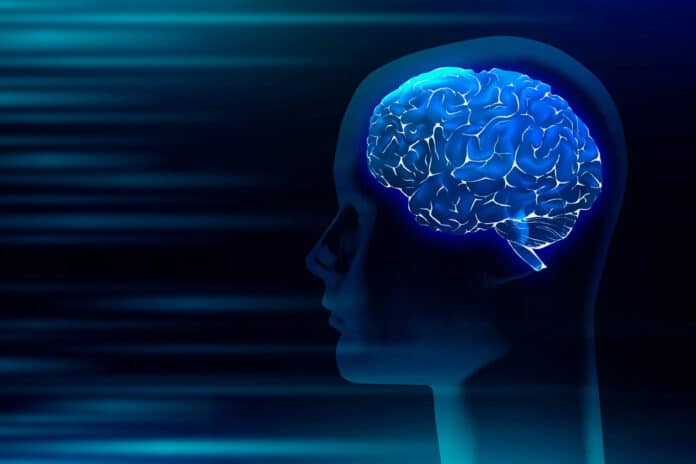Despite advances in acute care, ischemic stroke remains a significant cause of long-term disability. Approaches targeting neuronal and glial responses are needed to enhance recovery and improve long-term outcomes.
This is the objective of an experimental approach that has been tried out in an international study led by the University of Gothenburg with tremendous success. Scientists at the Universities of Gothenburg and Cologne implemented parallel testing of an experimental stroke treatment on mice.
Scientists observed that mice receiving nasal drops containing the complement peptide C3a recovered motor function after stroke more quickly and effectively than mice receiving placebo-containing nasal drops. The new study methodology further enhances the reliability of these results, which extend and confirm those of a prior study conducted at the University of Gothenburg.
The fact that the treatment was not started until seven days after the stroke is an essential factor. Thus, in a conceivable future, most stroke patients could be included, even those who arrive at the hospital too late or who, for other reasons, do not benefit from thrombolysis or mechanical thrombectomy.
All stroke patients might receive the treatment if it is put into clinical usage, even those who arrive at the hospital too late for thrombolysis or thrombectomy. This therapy may also help those with disabilities after the clot is removed.
The study identifies the underlying physiological and molecular processes in the brain and demonstrates obvious favorable benefits. In mouse brains, the C3a peptide therapy enhanced the growth of new connections between nerve cells, according to magnetic resonance imaging (MRI).

Milos Pekny, Professor at the Department of Clinical Neuroscience at Sahlgrenska Academy, University of Gothenburg, participated in the study.
“Our results show that the C3a peptide affects the function of astrocytes — that is, cells that control many of the nerve cells’ functions in both the healthy and the diseased brain — and which signals astrocytes send to nerve cells.”
Since the molecule was administered in nasal drops, relatives or patients could give the treatment at home. When it comes to the C3a peptide treatment, timing is equally crucial. The chemical may increase the number of inflammatory cells in the brain if it is administered too quickly. The study also demonstrates that in experimental animals, the beneficial effects last very long after the medication is stopped.
Pekna says, “The good effect remains, and that is important. It means that this is real. And we know more about how the C3a peptide works. Our ambition is to develop the method to make it usable in clinical practice, but to get there, and especially to carry out the necessary clinical trials, we need to team up with a partner in the pharmaceutical industry.”
Journal Reference:
- Anna Stokowska, Markus Aswendt, Daniel Zucha et al. Complement C3a treatment accelerates recovery after stroke via modulation of astrocyte reactivity and cortical connectivity. Journal of Clinical Investigation. DOI: 10.1172/JCI162253
